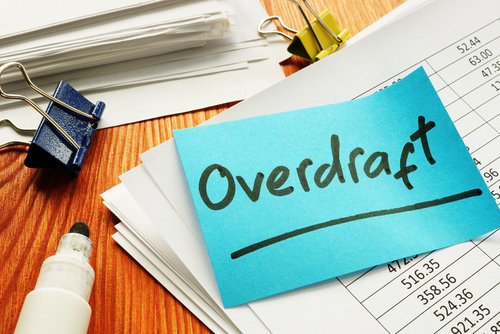Many consumers are still being hit with surprise overdraft and nonsufficient fund fees, a new report from the Consumer Financial Protection Bureau (CFPB) has found.

Despite recent changes by banks and credit unions, more than a quarter of consumers survey by the CFPB in its Making Ends Meet survey said someone in their household was charged an overdraft or NSF fee in the past year, and that only 22 percent of those surveyed expected the most recent overdraft. Many of those who were charged overdraft fees had access to a cheaper alternative, like credit on a credit card, the survey found.
“Our research finds that American families are paying fees they do not expect, even when they have access to cheaper forms of credit,” CFPB Director Rohit Chopra said.
The report, Overdraft and Nonsufficient Fund Fees, looked at overdraft and NSF fees and consumers’ experiences with them. While many consumers were surprised by the overdraft or NSF fees, some appeared to use them often and intentionally. In households that were charged more than 10 of the overdraft or NSF fees in a year, more than half said they expected the most recent one. Most account overdrafts are exempt from Truth in Lending Act regulation designed to promote the informed use of credit.
The report also found that households incurring overdraft and NSF fees are more like to struggle to meet their financial obligations. Additionally, 43 percent of consumers were surprised by their most recent account overdraft. Low-income households are hit hardest with Overdraft and NSF fees, with 34 percent of households making less than $65,000 a year seeing an overdraft or NSF fee in the past year.